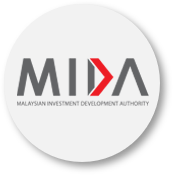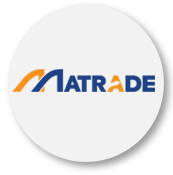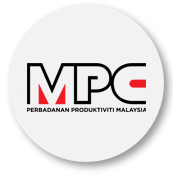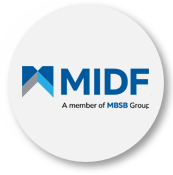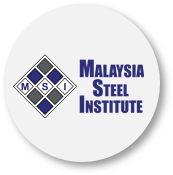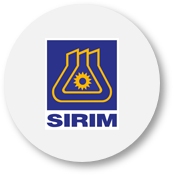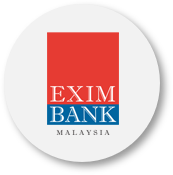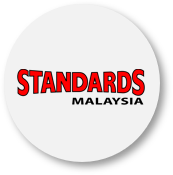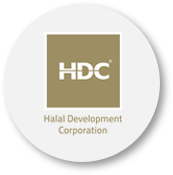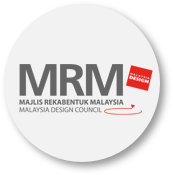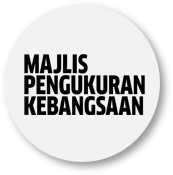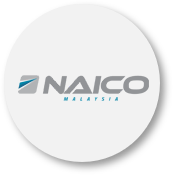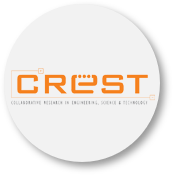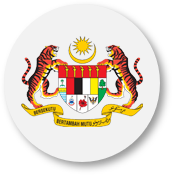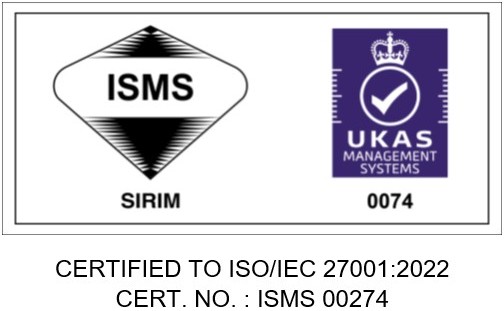They showcased products and services such as disposable medical items, herbal supplements, first aid boxes and kits, pharmaceutical products, hospital furniture and integrated facility management.
"2010 is a good year for Malaysian healthcare products to enter Dubai and United Arab Emirates (UAE) as well as other Gulf countries as governments here are putting a lot of effort into healthcare," Matrade's senior trade commissioner Datuk Dzulkifli Mahmud told Bernama.
He reckoned that Malaysian products were well received in this part of the world due to their high quality and the fact that they met international standards.
"We received many trade visitors from countries like Palestine, Iraq, Iran, Libya as well as other north African nations asking about our products, especially disposable medical items," Dzulkifli said.
He also said one Malaysian company promoting its disposable circumcision devices had caught the attention of many potential buyers.
The trade commissioner said he was encouraged by the turnout during Arab Health 2010.
"Due to the non-cyclical nature of the healthcare industry, it's less affected by the recession. People are still coming to look at products on offer at the show," he said.
Dzulkifli stressed that Malaysian companies should look at the long-term potential of this market and identify potential partners in the UAE with a view to venturing into other markets in the region.
A recent report said the healthcare market in the Gulf Cooperation Council (GCC) was expected to grow at about nine per cent annually to reach US$47 billion to US$55 billion by 2020 on the back of solid demand.
More than 200 hospital projects have been announced or under construction with cumulative capacity of up to 27,000 beds, most of which are due to be delivered by 2015.
The GCC comprises Bahrain, Oman, Saudi Arabia, Kuwait, UAE and Qatar.
Last Updated 2015-05-14 12:00:21 by admin2







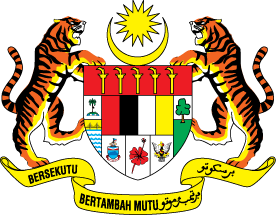





 Home
Home








